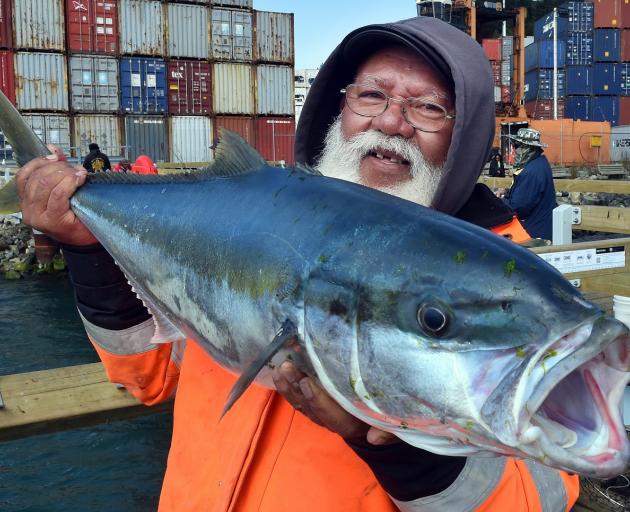
Meteorologist Ben Noll said the coastal waters around the country became "unusually warm" during November — between 1.1degC and 1.8degC warmer than average — and the conditions could continue into the new year.
"2021 and 2017 saw two of New Zealand’s most significant marine heatwaves, and we’re tracking warmer than at the same point in those years.
"Although we are expecting a cooler start to December, there’s an indication that temperatures may become more unusually warm again during the second half of December into January.
"With New Zealand experiencing record-breaking marine heatwaves in recent years, we’ll be monitoring to see how this summer stacks up against previous events."
Mr Noll said marine heatwaves were classed as periods of unusually high SSTs (above the 90th percentile) for more than five days.
In parts of the eastern Tasman Sea near the west coast of both islands, a marine heatwave had been ongoing for more than six months.
"Localised marine heatwave events have been occurring in coastal waters near Northland, Auckland, Bay of Plenty, and Fiordland for several months."
University of Otago research has also found the number of days Otago Harbour experiences marine heatwave conditions each year, has more than doubled over the past 50 years.
While it meant slightly more pleasant conditions forswimming at the beach, and the possibility of catching northern fish species in southern waters, it was not good for the ecosystem.
Niwa marine ecology principal scientist Dr Vonda Cummings said marine heatwaves could have "concerning effects".
The heat stress could push marine organisms towards, or beyond, their thermal tolerance limits.
"These events can upset the balance of marine food webs and disrupt ecosystems."
Earlier this year, Niwa released research showing marine heatwaves were to get longer and hotter through the rest of the century.
Mr Noll said it would be strongly influenced by human-made climate change, so drastically reducing our emissions was key to slowing the rate of warming.
Adapting to the warming that had already occurred would also be important for industry.
He said the average temperature of the ocean was now 1.5degC higher than it was 100 years ago, and in the past 30 years, the frequency of marine heatwave events had doubled.
"Given the high-impact nature of recent summer marine heatwaves, the marine sector should monitor this situation closely," he said.












